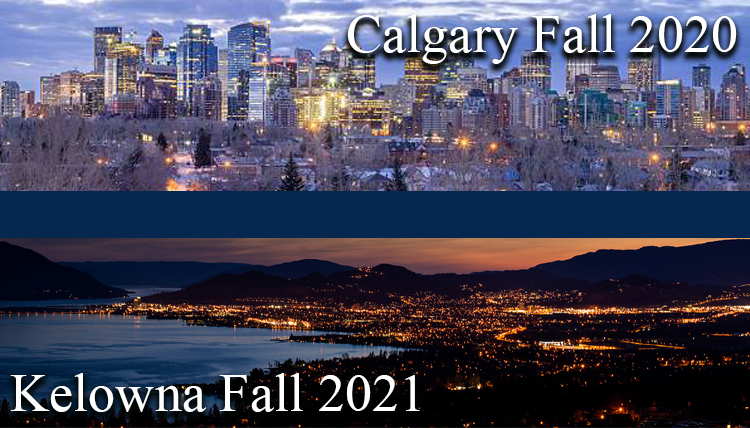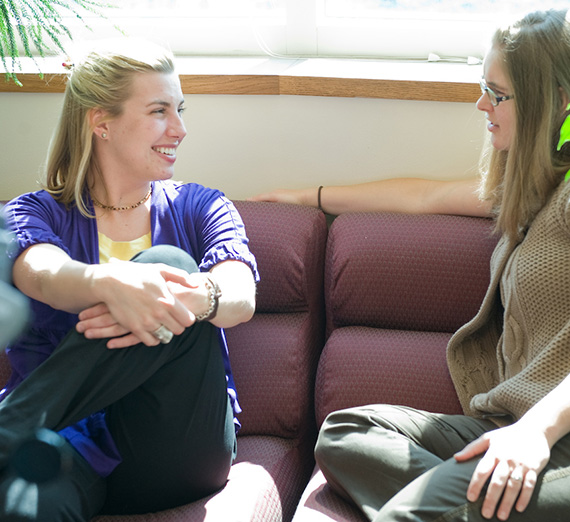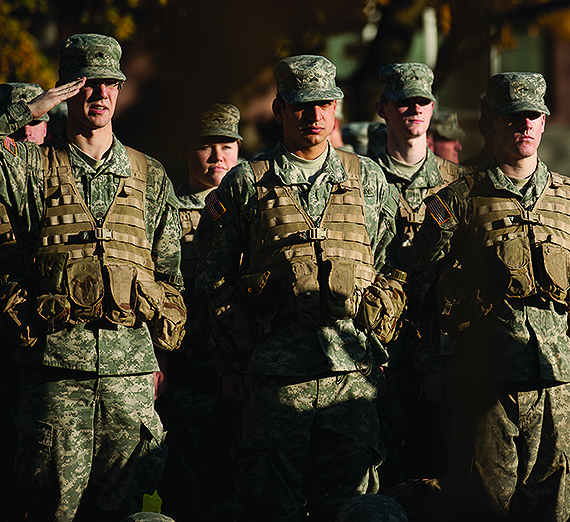The two-year Master of Counselling Program, based at sites in Canada, offers preparation for a career as a an ethical, competent, service-oriented mental health practitioner within community agencies, schools and clinics in Canada.
Our cohort model allows you to progress through the program with the same small group of students while collaborating and learning together. You will study today's best practices and learn to apply theory and research to services for clients, while developing your own theory of counselling through personal and professional growth. Supervised internships also provide valuable practical experience.
Notice for British Columbia Students and Public:
This program is offered under the written consent of the Minister of Advanced Education, Skills and Training effective June 2012, having undergone a quality assessment process and been found to meet the criteria established by the minister. Nevertheless, prospective students are responsible for satisfying themselves that the program and the degree will be appropriate to their needs (for example, acceptable to potential employers, professional licensing bodies, or other educational institutions).
The Master of Counselling degree does not lead to the Psychologist chartering (or registering) in the province of BC. Specifically, one must have the PhD degree from a program approved by the College of BC psychologists. The Master of Counselling degree does provide the basis for application to the Canadian Counselling and Psychotherapy Association (CCPA) for the Canadian Certified Counsellor (CCC) credential.
Information Specific to Alberta, Canada Cohort Students:
This program is offered pursuant to the written approval of the Ministry of Advanced Education effective September 1, 2009, having undergone a quality assessment process and been found to meet the criteria established by the Ministry. Nevertheless, prospective students are responsible for satisfying themselves that the program and the degree will be appropriate to their needs (for example, acceptable to potential employers, professional licensing bodies, or other educational institutions).



